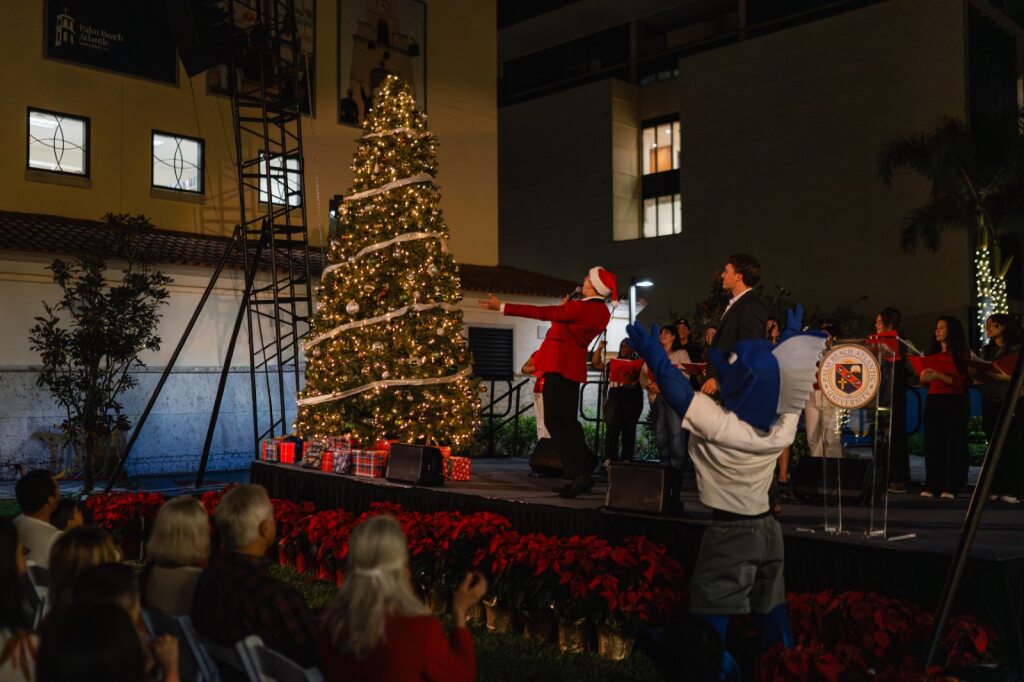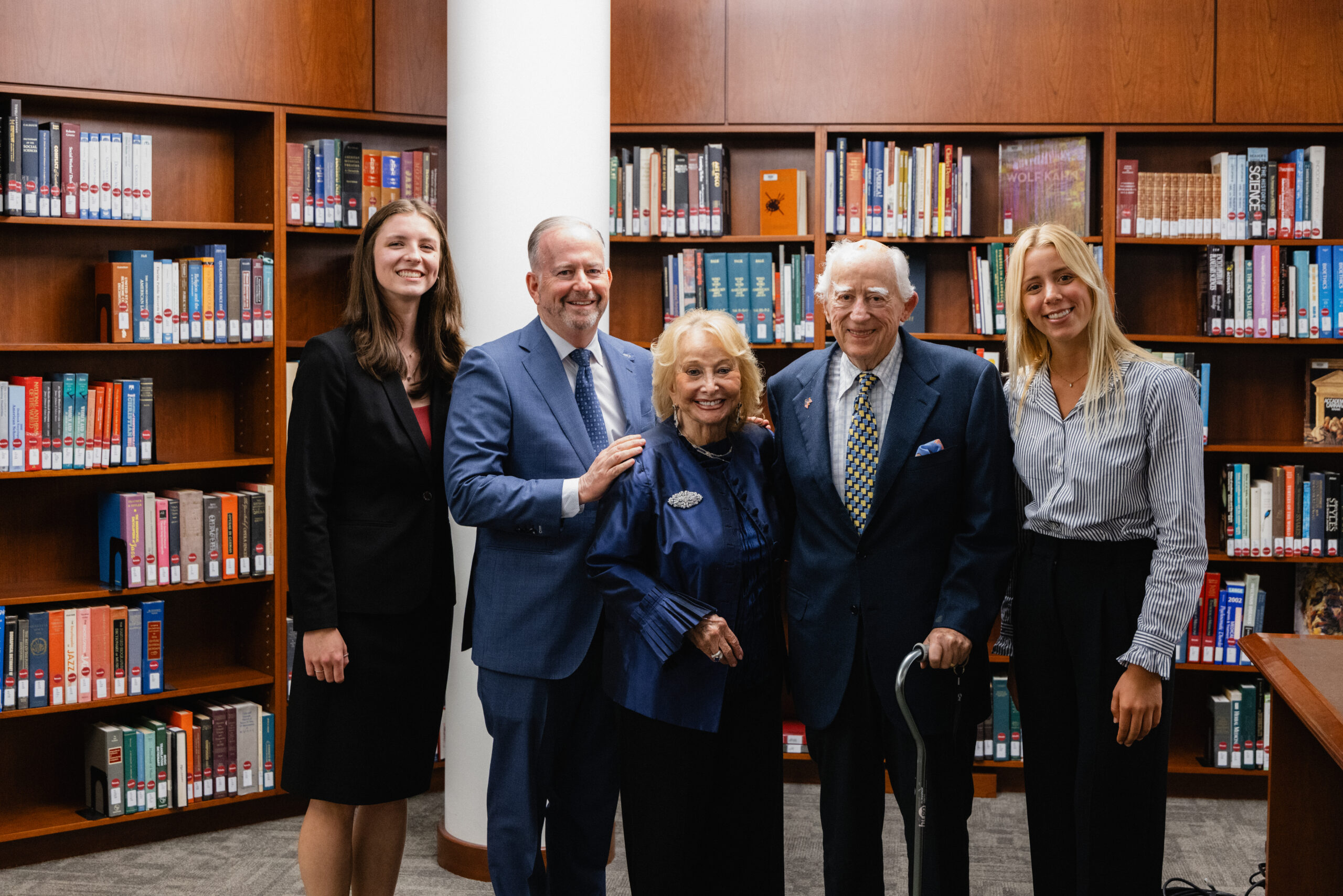This fall the School of Music & Fine Arts and the School of Communication & Media will merge to form the College of the Arts. This academic union is the first of its kind in the history of Palm Beach Atlantic University.
The combined college will include the following disciplines: cinema, communication, dance, digital media, gaming, graphic design, journalism, music, the Preparatory Department, public relations, sports broadcasting, theatre & children’s theatre and visual art. In addition to the outstanding degree programs already in place, the College of the Arts will add four new Bachelor of Fine Arts degrees.
The BFA degrees in cinema, dance, graphic design and theatre will launch August 2021. The new degree programs will allow students to choose an option that is more rigorous, requiring additional credit hours and resulting in a more prestigious degree. The college will continue to offer the Bachelor of Arts in each of those areas, but the B.A. degrees will be revised.
“A tiered system with these options will draw new talent to Palm Beach Atlantic University, especially to those looking for a highly competitive academic experience,” said Dr. Jason Lester, who will become dean of the College of the Arts. “A BFA degree sets the foundation for students driven towards success, especially those who desire to continue in their field by acquiring a Master of Fine Arts.”
The merger of the two schools will make it easier for students seeking a double major, such as degrees in both cinema and music. Lester predicts the merger, together with the BFA degrees, will create “energy, momentum and growth as the College of the Arts will bring together disciplines that naturally work well together.” For example, theatre and dance, currently operating in separate schools, will now be able to maximize resources under the new arrangement. Currently all of the dance classes take place in Vera Lea Rinker Hall, but it is probable that some of them will move to Fern Street Theatre, the home of PBA Theatre. The theater building originally was used by Ballet Florida and has ceiling height and other characteristics that are conducive to dance.
The College of the Arts is an outstanding opportunity for interdisciplinary curricula and performances, Lester said. “It is a unique and exciting venture, and together with all of the various art disciplines, it will be a pinnacle for the arts in South Florida.”
“These BFA degrees create exciting opportunities for potential students in those disciplines,” said President Dr. Debra A. Schwinn. “And I love the idea of leveraging the arts in the heart of West Palm Beach as the School of Music & Fine Arts and the School of Communication & Media come together. Dr. Lester already has been very effective working out collaborations between PBA performing groups and organizations such as Palm Beach Opera, Palm Beach Symphony and the Society of the Four Arts.”
Since 2018 Lester has served as dean for the School of Music & Fine Arts, and in recent months he also has served as acting dean for the School of Communication & Media. The School of Communication & Media’s former dean, Dr. Duane Meeks, moved to become associate provost for strategic innovation. Meeks’ new role focuses on strategic initiatives to lay a foundation for future growth at PBA. Presently that includes the expansion of PBA’s online learning. He plans to help the deans at the university in “developing innovative new programs that will prepare students for leadership roles in careers that will, for current undergraduates, likely extend into the 2070s.”
Meeks said he “was more than pleased” to help plan the schools merging. “The interdisciplinary collaboration that the merger will engender will help take our programs to the next level,” said Meeks. “Dean Lester is the right leader to make this a reality.”
As the University prepares for this innovative direction, the potential within each of the disciplines will serve to strengthen its academic focus and broaden the future for each of its students. Whether through movement, music, digital media or sports broadcasting, redemptive storytelling is a common theme throughout the curriculum. As Lester interacts with students and prospective students, he asks them, “What story do you want to tell? If you tell a story, tell a great story. It’s the only story worth telling.”

